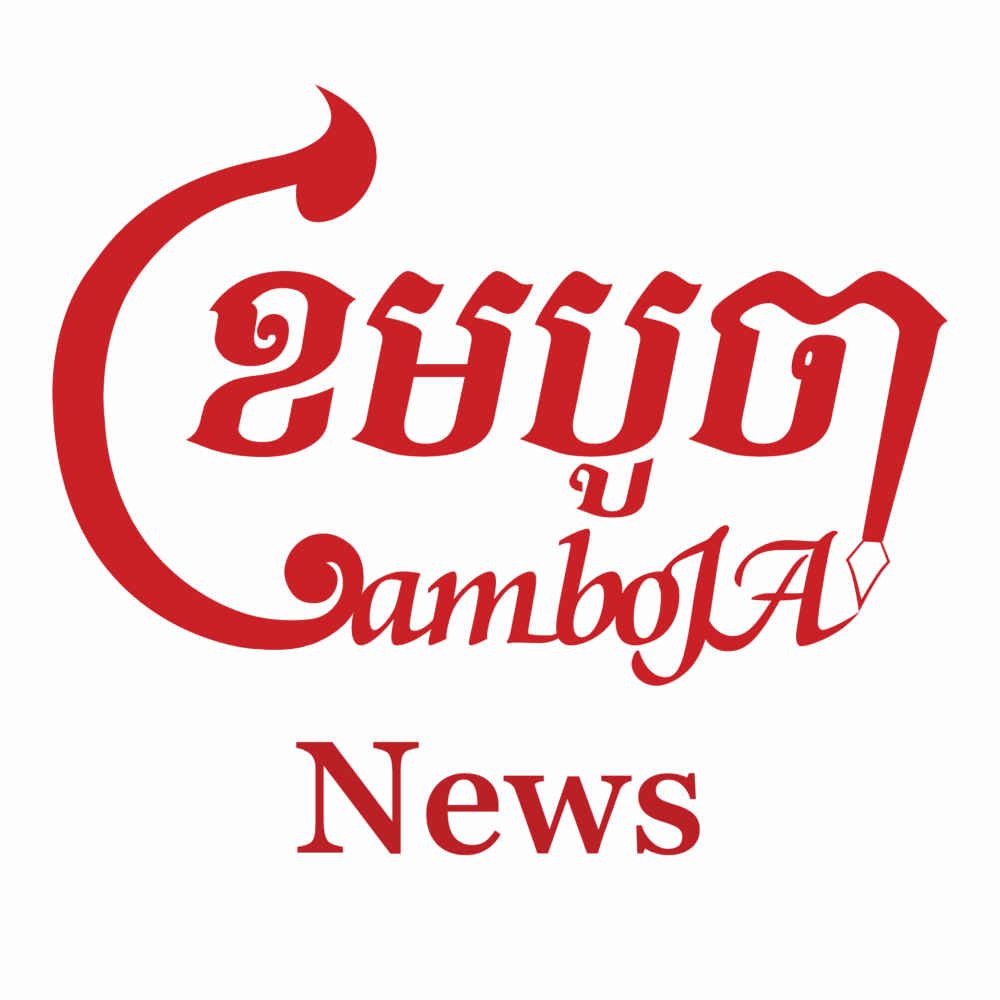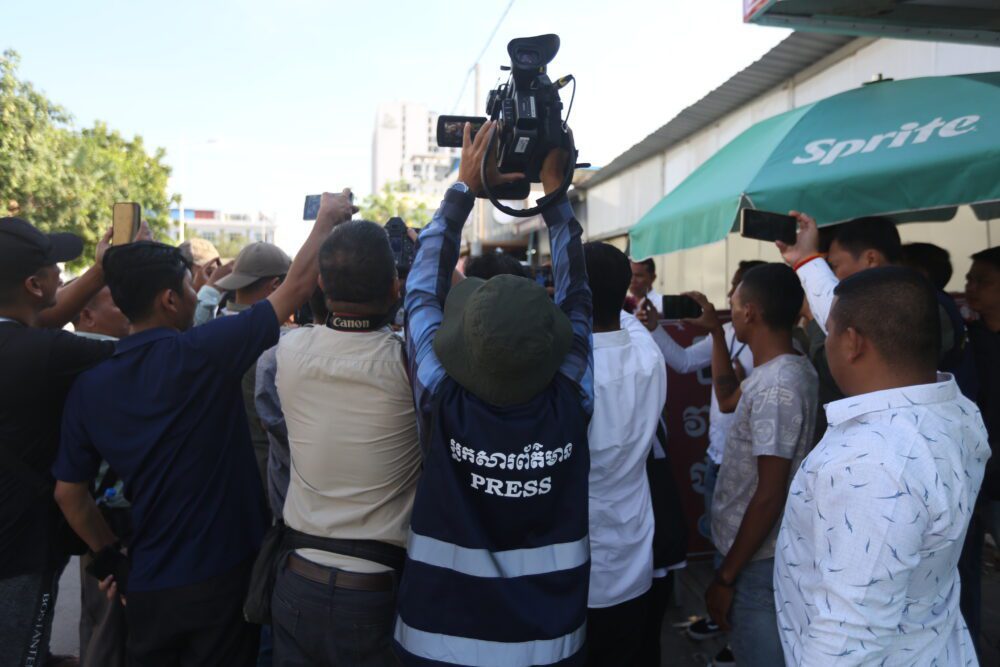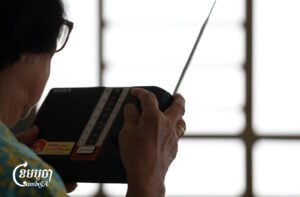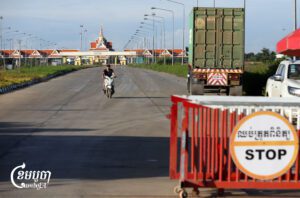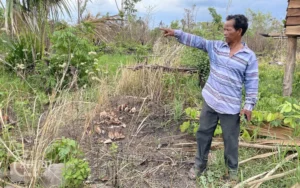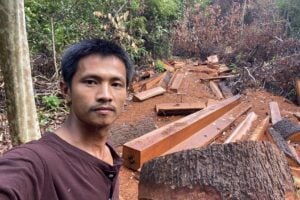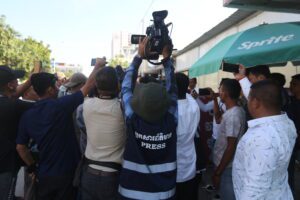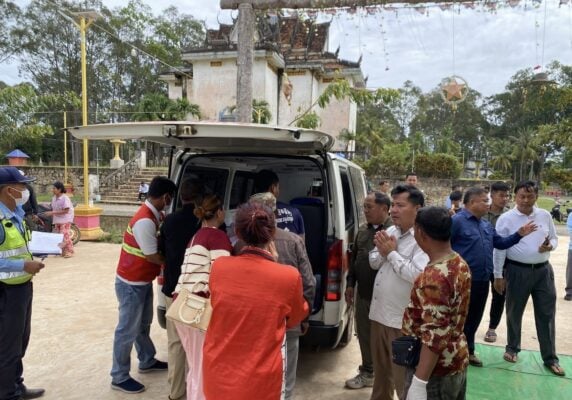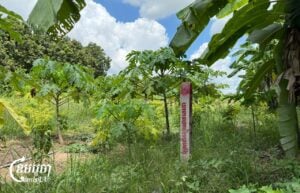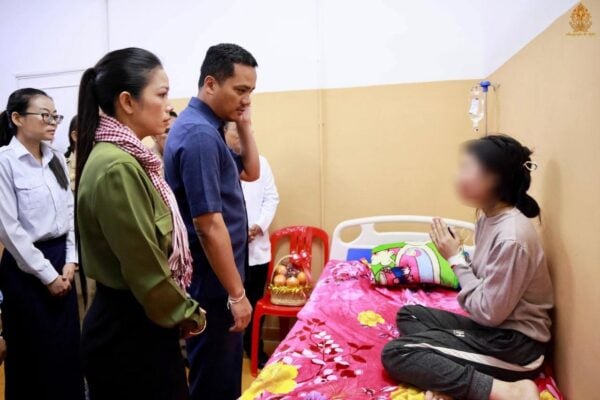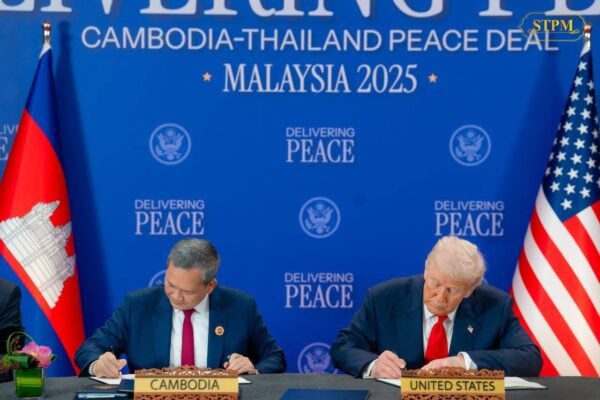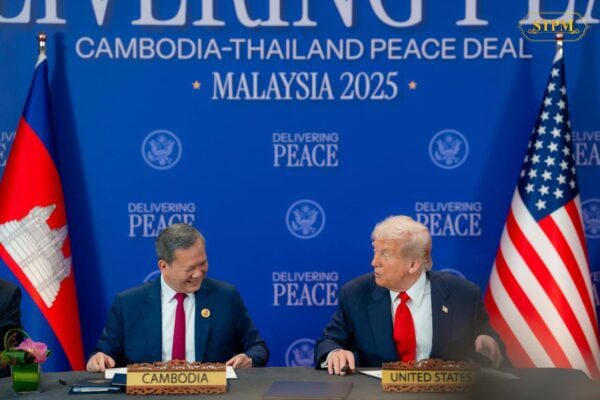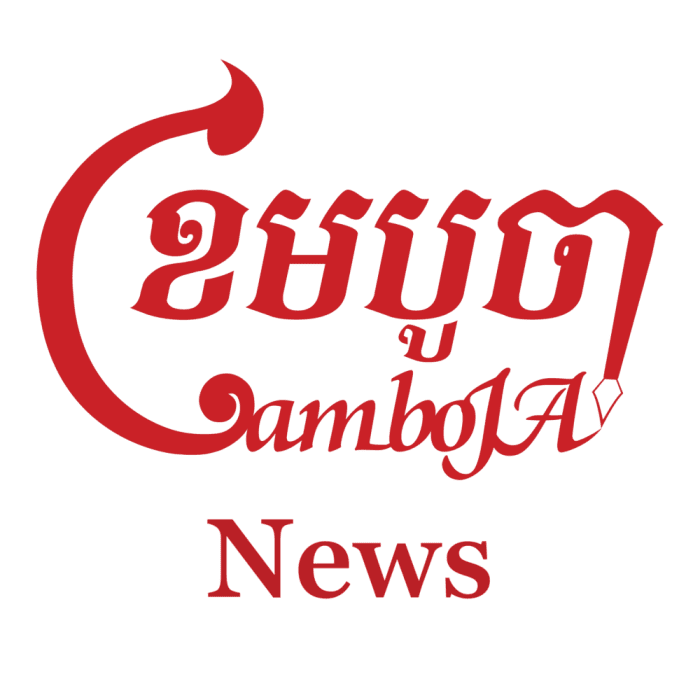Press freedom in Cambodia continues to deteriorate amid rising legal threats, shrinking funds, and tighter restrictions, a report by the Cambodian Center for Independent Media (CCIM) revealed, indicating a landscape of fear for media practitioners. The 2024 report also highlights the struggle of female reporters, calling for urgent reforms and stronger protections.
The annual assessment on the state of press freedom last year was launched by CCIM, which reflects the views of 100 journalists, group discussions, and interviews with media experts.
It highlights the media’s plight amid harassment, legal threats, and institutional barriers to independent journalism, as citizen- and online- journalists become important actors in bringing news to the public.
In 2024, nearly half Cambodian journalists surveyed said press freedom was stagnant. Some 39% believe it has worsened.
Many opined that the media environment was “narrow” or only “somewhat free”, and felt the government failed to fully protect press freedom.
Regardless, a mix of professional, freelance, and citizen journalists remain active—many in rural areas with limited support. However, 36% of journalists still lack a valid press card.
The Cambodian Journalists Alliance Association (CamboJA) documented 41 harassment cases involving 64 journalists in 2024. Legal actions were the most frequent threats, with five journalists in pre‑trial detention and arrests on incitement or defamation charges.
Rights issue not widely reported
Chhan Sokunthea, executive director of CCIM, said the report highlights the challenges faced by independent journalists who report on sensitive issues. There are close to 10,000 journalists in Cambodia but the number of those reporting on sensitive news is decreasing. Among them are female journalists, though fewer than the number of male journalists, she said, adding that they face harassment and discrimination.
The report recommends journalists, media institutions, civil society, funders and the government work together to ensure equal treatment for journalists who “dare to report the truth”.
“I hope that the recommendations will be reviewed to improve press freedom and for journalists to have equal rights and opportunities, especially female journalists, as well as [protection] from harassment and discrimination,” Sokunthea said.
Han Noy, a former stringer reporter at VOA Khmer, said he has faced restrictions, legal challenges, and risky interviews when he worked as a journalist for four years. Noy is currently unemployed after the US government suspended the funding for VOA. It has made it difficult for him to find work in independent media, although he is keen to continue his passion.
“After the Trump administration cut funding, I lost my job. It is really difficult to find work. Looking at the current situation, I don’t believe our media situation is any better, especially financially. In fact, we already face legal restrictions, and now we are facing a financial crisis,” Noy said.
Independent outlets are increasingly underfunded as donor aid shifts and local revenue withers, making survival an ongoing struggle.
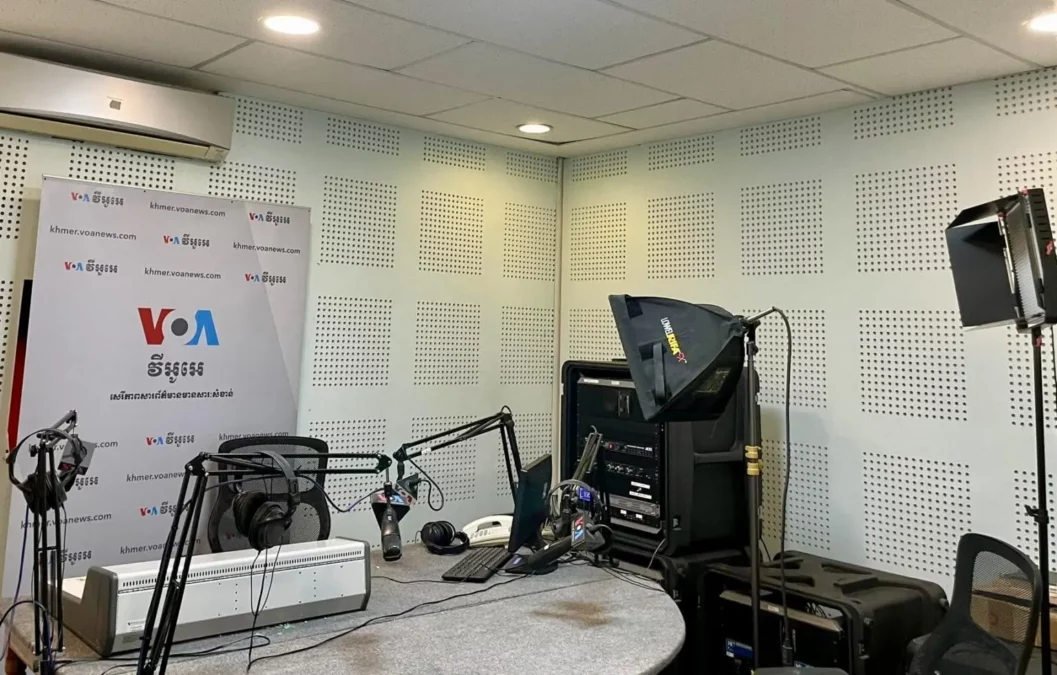
Va Sopheanut, a freelance journalist, expressed regret over the abrupt withdrawal of funding from USAID following U.S President Donald Trump’s decision to suspend the funding for 90 days in February.
“The U.S should [have] given at least three months for relevant institutions or recipients of USAID assistance to prepare,” Sopheanut told CamboJA News.
He said the sudden cut of USAID assistance caused him and other colleagues to lose their jobs immediately. Projects for freelance journalists have also been affected, with only a limited number of independent press organizations now.
“After the aid suspension, I noticed that citizen and workers’ protests in relation to land and labor rights are not widely reported,” Sopheanut said.
Female journalists are indispensable
Hang Samphors, team leader of the Cambodian Female Journalist Network (CFJ), said the situation of press freedom is not good because of the factors affecting the industry, such as restrictions on press freedom and freedom of expression, the loss of US aid, and the withdrawal of Swedish International Development Cooperation Agency projects.
In addition, independent organizations or journalists who report on sensitive issues often face challenges.
“Having been a media personnel for many years, I really want to see the situation improve,” Samphors said. For that, she believes that the government should contribute to opening up the space for press freedom, allowing media organizations and journalists to play their role without any restrictions.
In addition, relevant partners should work together to support independent media institutions, and Cambodia should have a national budget to support journalists reporting on social issues and independently, she added.
According to an analysis on the state of press freedom in Cambodia by 467 journalists shared in a report released by the Ministry of Information on April 30, the press situation in 2025 was deemed “very good”. Over 86% of the respondents said they have “full freedom” and “felt safe” when performing their jobs, while 81.4% gave press freedom a “positive rating”.
Tep Asnarith, spokesperson of the Ministry of information, told CamboJA News that the CCIM report helps to document all the problems and activities of journalists in the country. He urged journalists, media organizations, and associations to continue to support and promote press freedom and improve the working conditions of journalists, as this is a “shared goal of the government”.
Asnarith also encouraged journalists to adhere to the code of professional ethics when performing their duty as they could face the law if they decide to overlook it. He said there should be more cooperation with the ministries and institutions to seek comprehensive information to reflect accurate facts and the law.
Regarding the number of women in the media, Asnarith said the ministry encourages women to enter the profession. The presence of women in the industry is “indispensable”, he added, noting that it is a priority for the ministry to increase participation.
“Women can write in-depth stories [about their gender] and participate in decision-making, particularly in the framework of policy-making. We’ll continue to prioritize women for job opportunities in the media,” Asnarith asserted.
Stop dropping criminal charges
In the CCIM report, journalists claimed to be “most worried” about the Professional Journalism Charter (76%), defamation charges (76%), the Draft Cybercrime Act (56%) and the planned National Internet Gateway (54%).
Nop Vy, executive director of CamboJA, said there should be more response and concrete actions to address those issues. He pointed out that Cambodia has many laws, such as the Criminal Code, used to persecute and accuse journalists. Political shifts also impact the safety of journalists.
“The tendency to use the legal system to sue journalists is increasing, and we have seen the creation of many new laws, such as the law on the control of cybercrime and the law on the management of personal data,” he said.
“If this law is not thoroughly discussed before being passed, it will lead to more lawsuits against journalists, particularly independent media, which is already in a poor state in our country,” said Vy.
The CCIM report urges the government to strengthen protection for press freedom by revising laws that restrict journalistic work, including the press law, criminal code, and draft cybercrime law. It calls for the fair and transparent enforcement of media regulations, such as the professional journalism charter, to avoid arbitrary interpretation.
It also calls for a review of the national internet gateway as it has the potential to increase surveillance. Additionally, the government should simplify the registration process for press cards and media registration, especially for freelancers. The government should also engage journalists and civil society in legal reform processes and stop dropping criminal charges to silence reporters.
